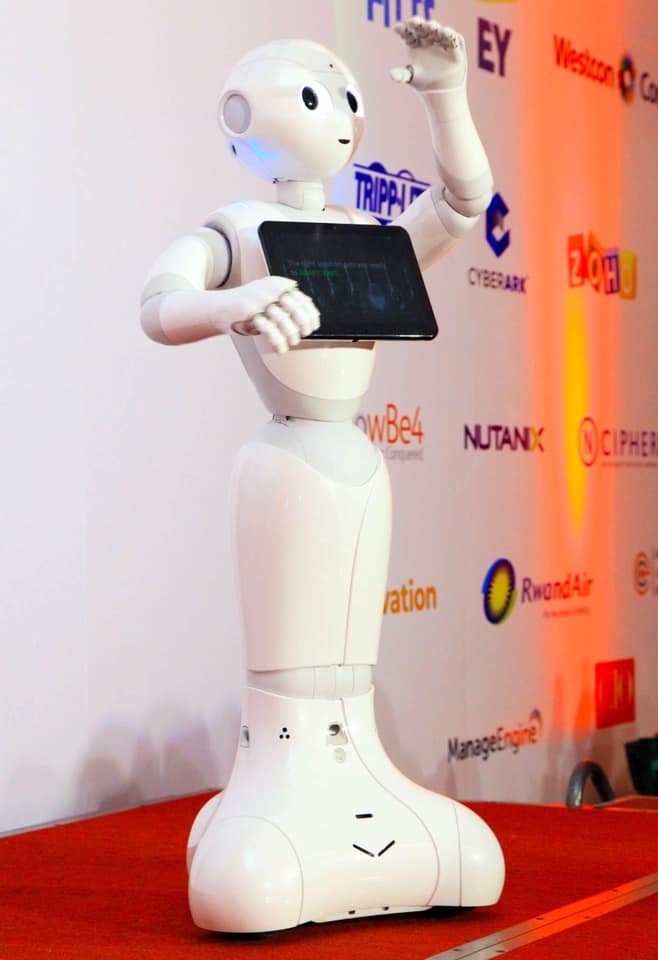advertisement
Talking Robots Being Used To Ease Loneliness In The UK
In such an increasingly fast paced world, the enormous strides AI has made in helping to manage peoples mental health…

In such an increasingly fast paced world, the enormous strides AI has made in helping to manage peoples mental health is unprecedented. But, what about robots? Can robots play a part in establishing a coping mechanism, especially for the elderly?
Robots that can hold simple conversations and learn people’s interests are to be deployed in some UK care homes after an international trial found they boosted mental health and reduced loneliness.
The wheeled robots, called “Pepper”, move independently and gesture with robotic arms and hands and are designed to be “culturally competent”, which means that after some initial programming they learn about the interests and backgrounds of care home residents. This is a vital act that has been programmed into the robots, it gives a feel of warmth, though yes from a robot, but this may be the nearest replication possible to a human experience or conversation. This allows them to initiate rudimentary conversations, play residents’ favourite music, teach them languages, and offer practical help including medicine reminders.
advertisement
The researchers, led by Dr Chris Papadopoulos at the University of Bedfordshire, said the trial was not intended to explore the replacement of human carers with robots, but to help fill lonely periods when, because of a stretched social care system, staff do not have time to keep residents company.
The trial, in the UK and Japan, found that older adults in care homes who interacted with the robots for up to 18 hours across two weeks had a significant improvement in their mental health. There was a small but positive impact on loneliness severity among users and the system did not increase feelings of loneliness, academics found.
The robots’ limitations centred on their conversations feeling superficial and lacking “richness”, users said. They lacked personalisation and sometimes did not show enough cultural awareness, and their head movements and hand gestures were sometimes distracting.